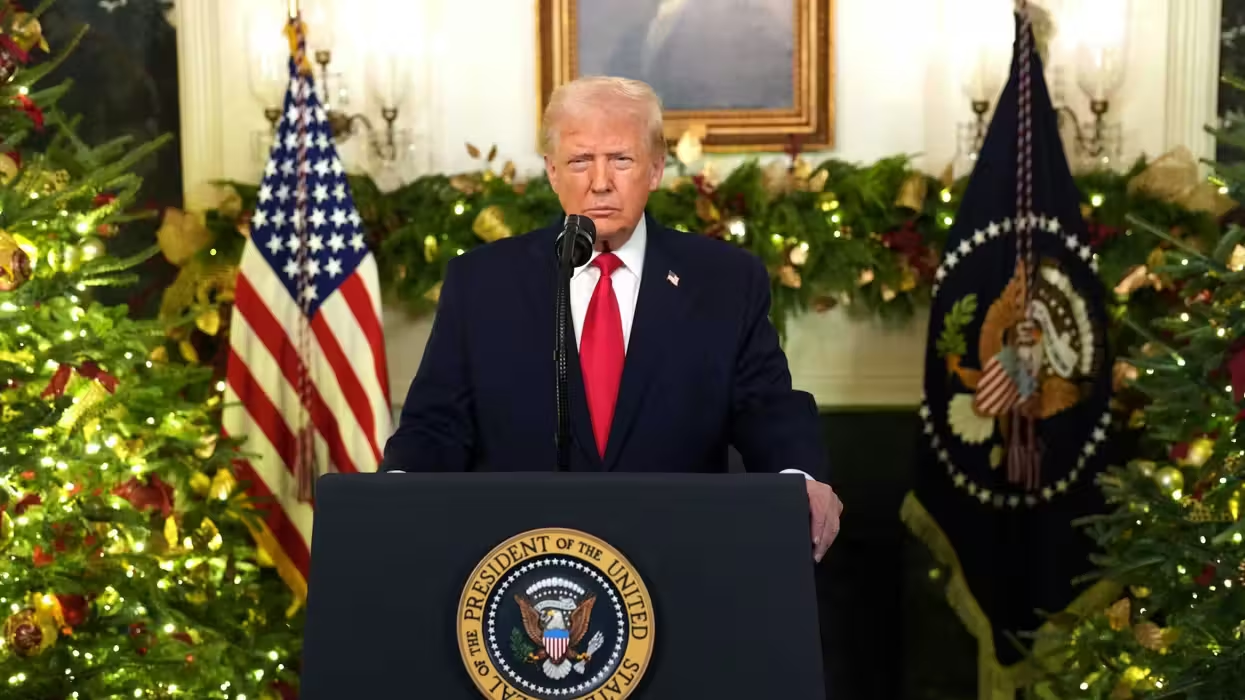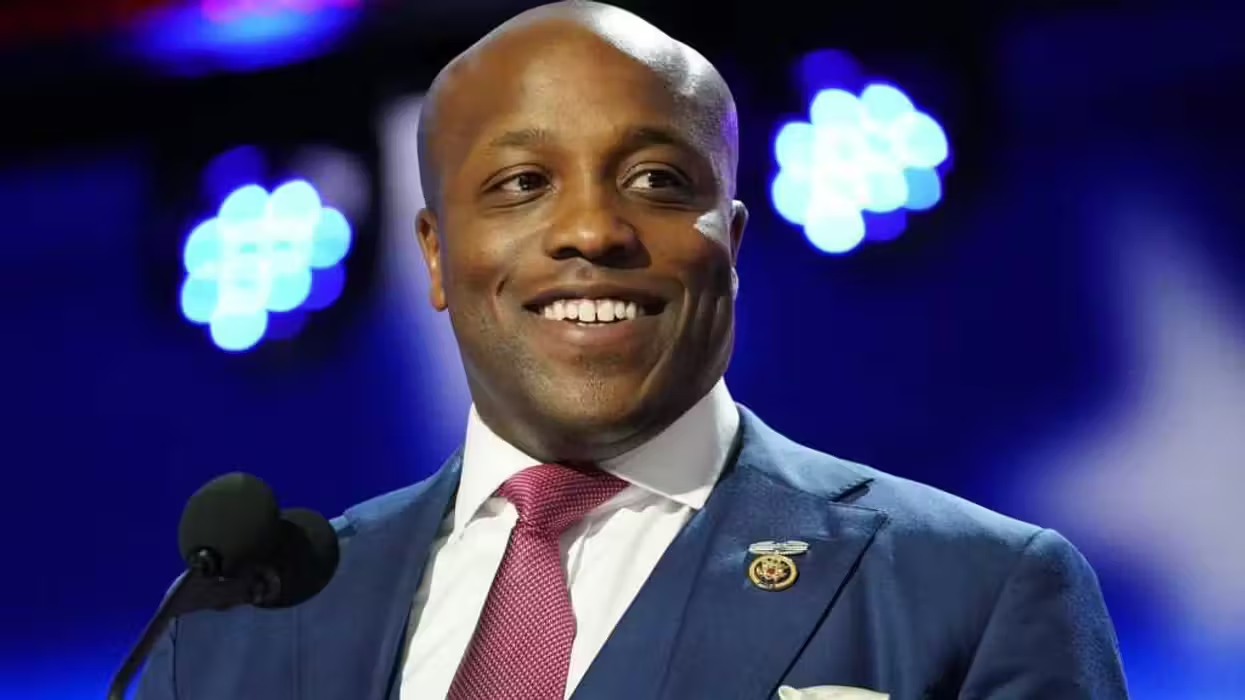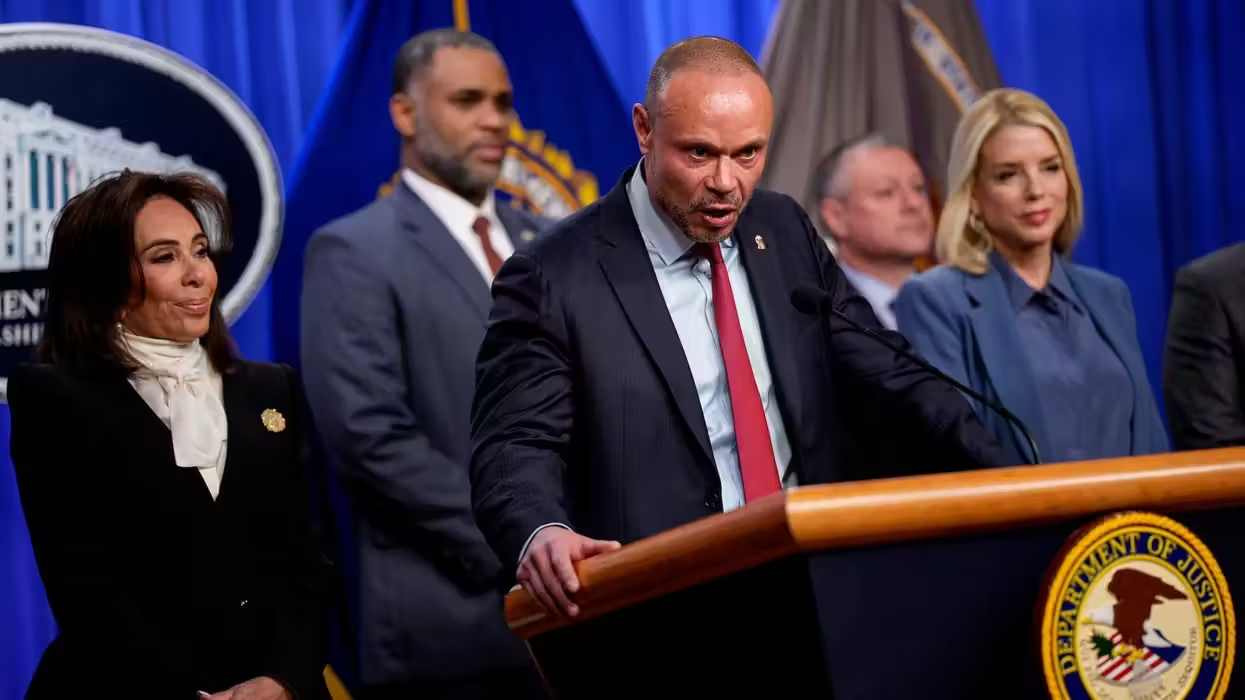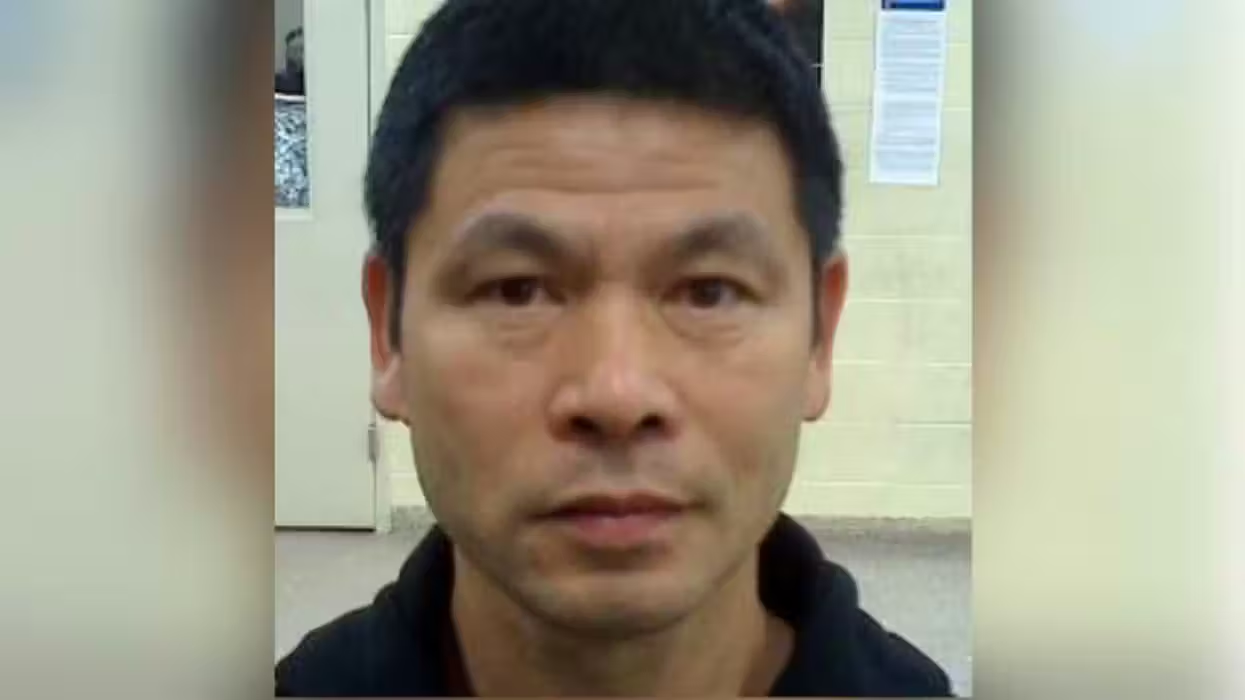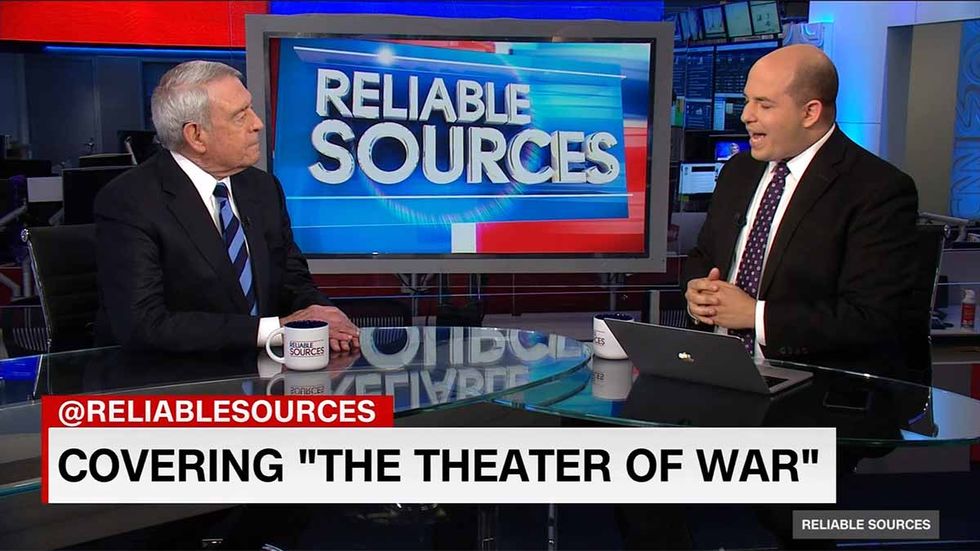
© 2025 Blaze Media LLC. All rights reserved.
CNN’s media critic/cheerleader Brian Stelter had long-time conservative commentator S.E. Cupp – who hosts “S.E. Cupp Unfiltered” on CNN sister network HLN – on his latest podcast in an effort to get to the bottom of why conservatives distrust the media. The conclusion Stelter comes to is entirely lacking in self-awareness and reinforces why, in fact, conservatives feel the way they do.
NewsBusters’ Curtis Houck wrote that neither Stelter nor Cupp made any mention of the most significant reasons for that distrust. In particular, the many “instances of fake news, mass plagiarism, and/or the scandals that did serious damage and called into question entire outlets.” Houck further argues the offenders are often allowed to continue as media voices.
Stelter is one of those that does the allowing. Former CBS News anchor Dan Rather is a semi-regular guest on Stelter’s TV program (most recently in April this year to hit President Trump for bombing strikes in Syria). Stelter routinely has Rather on his program and treats him as a respected voice. Rather is a disgraced journalist who was fired for an unproven, partisan hit-job against then-President George W. Bush during the 2004 presidential campaign.
Let’s FIGHT BACK together …
… against the mainstream media's biased reporting, selective facts, and outright propaganda. Sign up now for the daily dose of sunlight you need to disinfect the media's lies. It's free!
On Stelter’s podcast, Cupp expanded upon her column at CNN.com titled: “Why conservatives lost faith in the mainstream media.” Cupp argued that as media became more “corporate” it became more “coastal, urban, [and] very elitist.” In addition, Cupp said that the mainstream media doesn’t reflect the values of much of the country. Cupp’s strongest argument is that the greatest bias is often seen in what the media chooses what not to cover.
That is a point Stelter made all too clear in his Oct. 30 email, where he chided Fox News’ decision and temerity to not dedicate its entire news coverage all day to the indictment of former Trump campaign chairman Paul Manafort. Attention to anything else — including new details in the Russia-Clinton uranium scandal — was not worthy of coverage on such an auspicious day. Though Fox did extensively cover the Manafort case, to Stelter, anything short of wall-to-wall coverage was a demonstration in vast right-wing bias.
When Cupp brought up the fact that the media needs to stop making so many “unforced errors,” Stelter immediately went on offense. He said these “stupid mistakes” are “amplified by some right-wing outlets as if the entire press is culpable.” Touchy much?
Stelter then went on to say, “Whether it’s something about a koi pond, or whether it’s something about an MLK bust in the Oval Office, these things take on a life of their own where they get millions of page views.” He then said that the “scandals” that result are overblown.
Are they, really? Take for example “something about a koi pond.” CNN selectively edited video footage of Trump following Japanese Prime Minister Shinzo Abe’s lead in dumping out a box of fish food into a koi pond, during a ceremonial feeding.
CNN tweeted an edited video of the exchange that made it look like only Trump fully dumped out his box of food. Sure, the written piece on CNN.com mentioned, in passing, that Abe dumped his box out first. But the CNN video, which is what most people saw, deliberately left out Abe’s actions by zooming in on Trump.
Sure this story is minor, but it was hardly a mistake and is a perfect microcosm for all that is wrong in media. It was clearly edited by someone who wanted to make it seem like Trump was acting disrespectfully. The story not only got coverage in conservative media, it led other mainstream news outlets (with some people even saying that Trump was putting the lives of the precious fish in jeopardy).
In effect, Stelter made Cupp’s overall point. In choosing to highlight this incident, CNN tried to drive a narrative. It focused on what it believed was the real news.
This is where Cupp could have fought back, but she didn’t. She capitulated to Stelter’s point, and then raised the bar. In an unhinged way of her own:
It proves a theorem that a lot of conservatives, especially Trump supporters, desperately want to be true, which is that no one can be trusted except Donald Trump and that’s not unintentional. I mean, Donald Trump has decided and it’s a very common tactic among dictators, not to sound dramatic, but it really is, to consolidate power. If he is the only person you can trust, and you can’t trust our intelligence community, which he calls fake news. You can’t trust the media, fake news. You can’t trust his cabinet. You can’t trust the attorney general. You can’t trust all of these pillars. You can’t trust the military. You can only trust him. Well, that’s a very powerful microphone that you control. So, it’s dangerous when he talks about fake news and it’s really dangerous when people en masse believe him.
Conservative distrust of the media pre-dates Trump’s ascendancy to the presidency, by decades. The distrust is in no way a result of Donald Trump’s actions. In fact, the exact opposite is true. Trump channeled the already-present distrust and rode it to the Oval Office. His actions aren’t some grand plans of a dictator.
Rather than blaming some sort of vast right-wing cabal out to get him and his colleagues, Stelter should take a little bit of time to self-reflect, and determine how he adds to the distrust people have for the media. It would serve him, and the industry he represents, well.
Want to leave a tip?
We answer to you. Help keep our content free of advertisers and big tech censorship by leaving a tip today.
Want to join the conversation?
Already a subscriber?
Rob Eno is the managing editor of Blaze News. He is from Massachusetts and now resides in the freedom of Texas.
Rob Eno
Rob Eno is the managing editor of Blaze News. He is from Massachusetts and now resides in the freedom of Texas.
more stories
Sign up for the Blaze newsletter
By signing up, you agree to our Privacy Policy and Terms of Use, and agree to receive content that may sometimes include advertisements. You may opt out at any time.
Related Content
© 2025 Blaze Media LLC. All rights reserved.
Get the stories that matter most delivered directly to your inbox.
By signing up, you agree to our Privacy Policy and Terms of Use, and agree to receive content that may sometimes include advertisements. You may opt out at any time.

